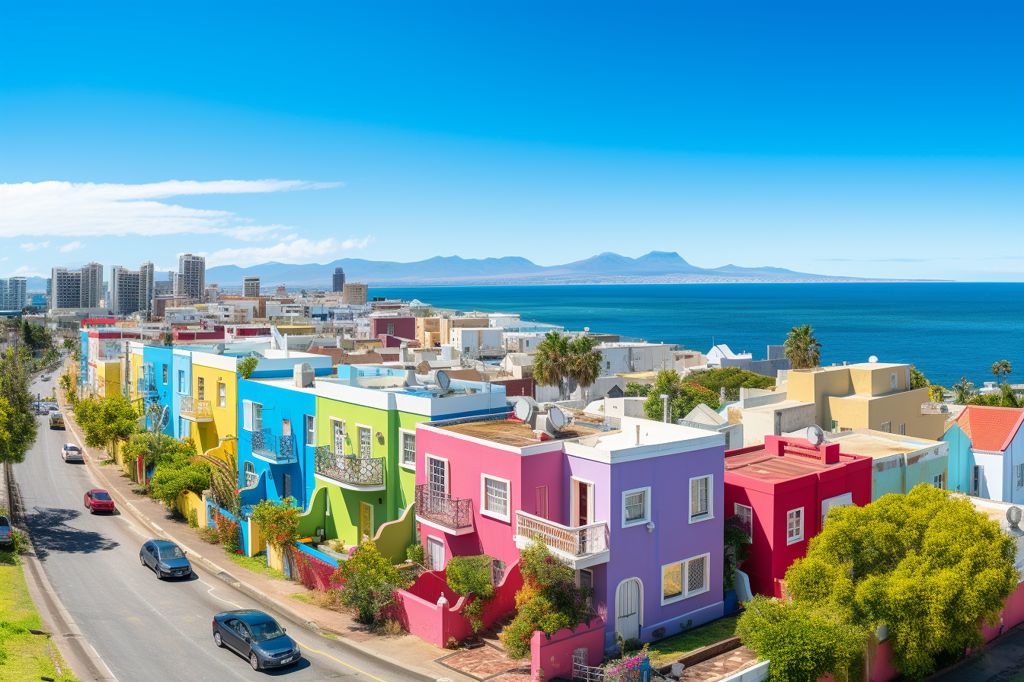South Africa is currently facing an escalating power crisis, leaving residents in darkness for 27% of the time in 2022. This year, the country has already endured 49 full days of loadshedding, surpassing the total of the past four years combined. If the trend continues, the amount of loadshedding in 2023 could surpass the entire past decade.
The Ongoing Struggle for Power
South Africans have battled frequent power outages for 15 years, causing havoc for businesses and weakening the national currency. Despite reassurances from Dr. Ramokgopa, the Minister of Electricity, immediate signs of improvement remain elusive. Delays in refurbishing Koeberg’s Unit 1 have only exacerbated the situation.
Proposals to repair and bolster power generation capacity have come to the forefront amidst deteriorating coal-fired power plants. While some progress has been made, Dr. Ramokgopa admits that eradicating power cuts entirely will require further efforts. Unfortunately, the journey of the Electricity Regulation Amendment Bill through Parliament has been slow and arduous under Minister Mantashe’s watch.
Hindered Efforts and Initiatives
The nation’s Integrated Resources Plan, designed as a blueprint for electricity, remains pending since 2021. Recent setbacks have also stymied renewable energy regulations, which further hinders efforts to counter the power crisis. In response to the issue, the National Energy Crisis Committee was created, accompanied by the appointment of a Minister of Electricity and the development of an Energy Action Plan. However, these initiatives have yet to yield significant results.
The Perseverance of South Africans
As loadshedding reaches unprecedented levels, South Africans have only experienced two days of reprieve from power outages in 2022. The ongoing struggle for power continues, casting a dark shadow not only on homes and businesses but also on the nation’s progress and future. Despite this, local businesses like Obz Cafe in Cape Town offer respite in the form of enticing deals, such as a pizza or pasta and a glass of wine for R159 (valued at R330), reminding us of the power of community and solidarity during challenging times.
A Reminder and Call for Collaboration
The South African power crisis serves as a reminder of the importance of sustainable energy solutions and long-term planning. As the world faces the challenges of climate change and resource scarcity, the story of South Africa’s loadshedding crisis underscores the need for innovation and collaboration to secure a brighter, more electrified future.








